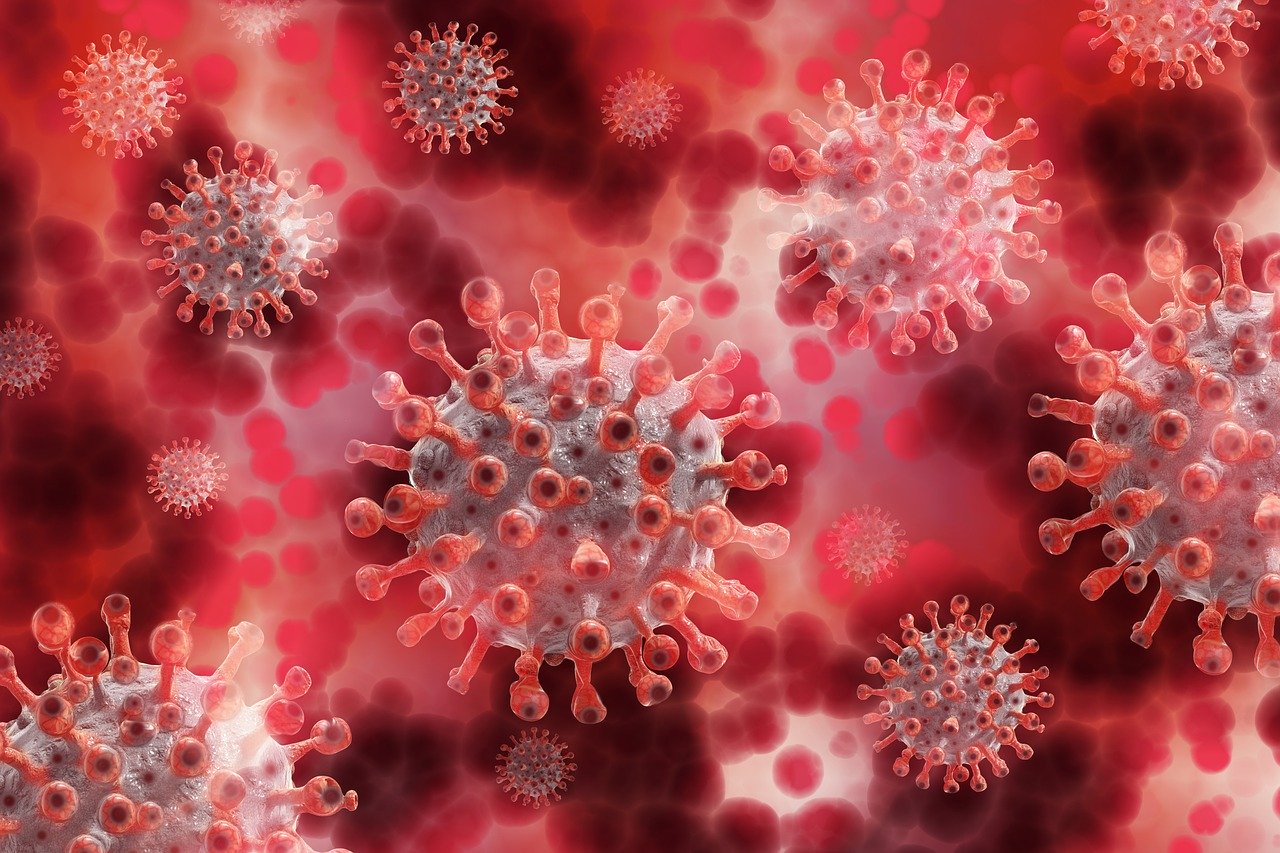
Researchers from the Liver and Gastrointestinal Diseases Area of the Biodonostia-OSI Donostialdea Research Institute led by Luis Bujanda (CIBERehd researcher, UPV/EHU and specialist in Digestive Medicine at OSI Donostialdea) and Jesús Bañales (Ikerbasque, Miguel Servet and CIBERehd researcher), have participated in an international collaborative study in which it is described, for the first time, that the vulnerability of certain people to the development of serious clinical forms in infection with the SARS-COV-2 virus may be influenced by their genetic characteristics.
Researchers have tried to answer why some people are asymptomatic or have mild symptoms while others develop serious symptoms when infected with the SARS-COV-2 virus. As the directors of the participating groups explain, "we have looked for the answer in the genes and we have found a strong association between certain genetic variants on chromosomes 3 and 9 and the severity of the disease caused by the coronavirus."
Scientists from different hospitals and centers of the state (Euskadi, Catalonia, Madrid and Andalusia) and Lombardy (epicenter of the pandemic in Italy) have participated in this international study, and has had the national coordination of Jesús Bañales and the international of geneticists from Norway and Germany.
After approval of the project by the ethics committees of the participating Spanish and Italian institutions, blood samples were collected from 1,610 patients with COVID-19 who needed respiratory support (oxygen or mechanical ventilation); Of these, 338 were collected at the Donostia University Hospital through the Biochemistry Laboratory by Adolfo Garrido and Beatriz Nafría, and with the technical and logistical support of Laura Izquierdo and Dr. Pedro Rodrigues (Biodonostia). DNA was extracted from blood samples to study in the laboratory of Kiel (Germany) about 9 million genetic variants. For this, geneticists and bioinformatics experts were included, among they are Dr. Garcia-Etxebarria (head of the IIS Biodonostia Gastrointestinal Genetics Group) and Dr. D’Amato (Ikerbasque researcher and collaborator of the same group), as well as the quick financial donation of Norwegian philanthropists. The variants of the patients infected with COVID were compared by 2,205 healthy controls, 950 of them from the Gastrointestinal Genetics Group of the IIS Biodonostia obtained through the Basque Biobank and analyzed by means of financial funds provided by the groups of Dr Bujanda, Dr Bañales and Dr D'Amato.
This work, which has just been published in the prestigious scientific journal New England Journal of Medicine, indicates that variants from two regions of the human genome are associated with an increased risk of developing respiratory failure in patients with SARS-VOC-2 infection. One of them is located on chromosome 3 and can affect the expression of genes that would favor the entry of the virus, as well as the generation of the "cytokine storm". The second region is located on chromosome 9, specifically in the gene that determines the blood group of the ABO system. In this sense, the data showed that having blood group A is associated with a 50% higher risk of needing respiratory support in case of coronavirus infection. Conversely, having blood group O confers a protective effect against the development of respiratory failure (35% less risk).
It is also worth noting that the genetic variant identified on chromosome 3 was more frequent in younger people (mean age 59), which could explain, at least in part, the severity of certain cases in this age group.
The study observed the significant association of the genetic variants located on chromosomes 3 and 9 with the need for respiratory support. Thus, the frequency of both genetic variants on chromosomes 3 and 9 is significantly higher in patients who required mechanical ventilation compared to those in whom only oxygen was administered, an association that was independent of the age and sex of the patients. Therefore, the presence of these genetic variants predisposes to the development of severe forms of respiratory failure during SARS-COV-2 infection.
One more step in identifying the population at risk of COVID-19
Previous research has indicated that factors such as age and chronic diseases such as diabetes and hypertension, as well as obesity, increase the risk of developing severe cases of COVID-19. However, this study demonstrates the possibility of identifying people more vulnerable to the development of severe disease with pulmonary insufficiency due to coronovirus according to their genetic characteristics, which makes it possible to identify risk groups that need special protection and to design personalized treatments.
This collaborative European study was the first to identify genetic factors that increase the risk of developing respiratory failure in patients with COVID-19. However, it is not the only study that is investigating in this line, there being different international consortiums whose objective is to identify genetic risk characteristics of COVID-19. Thus, future studies will allow us to delve into these results.
For further information: https://www.nejm.org/doi/full/10.1056/NEJMoa2020283?source=nejmtwitter&medium=organic-social
.png)
